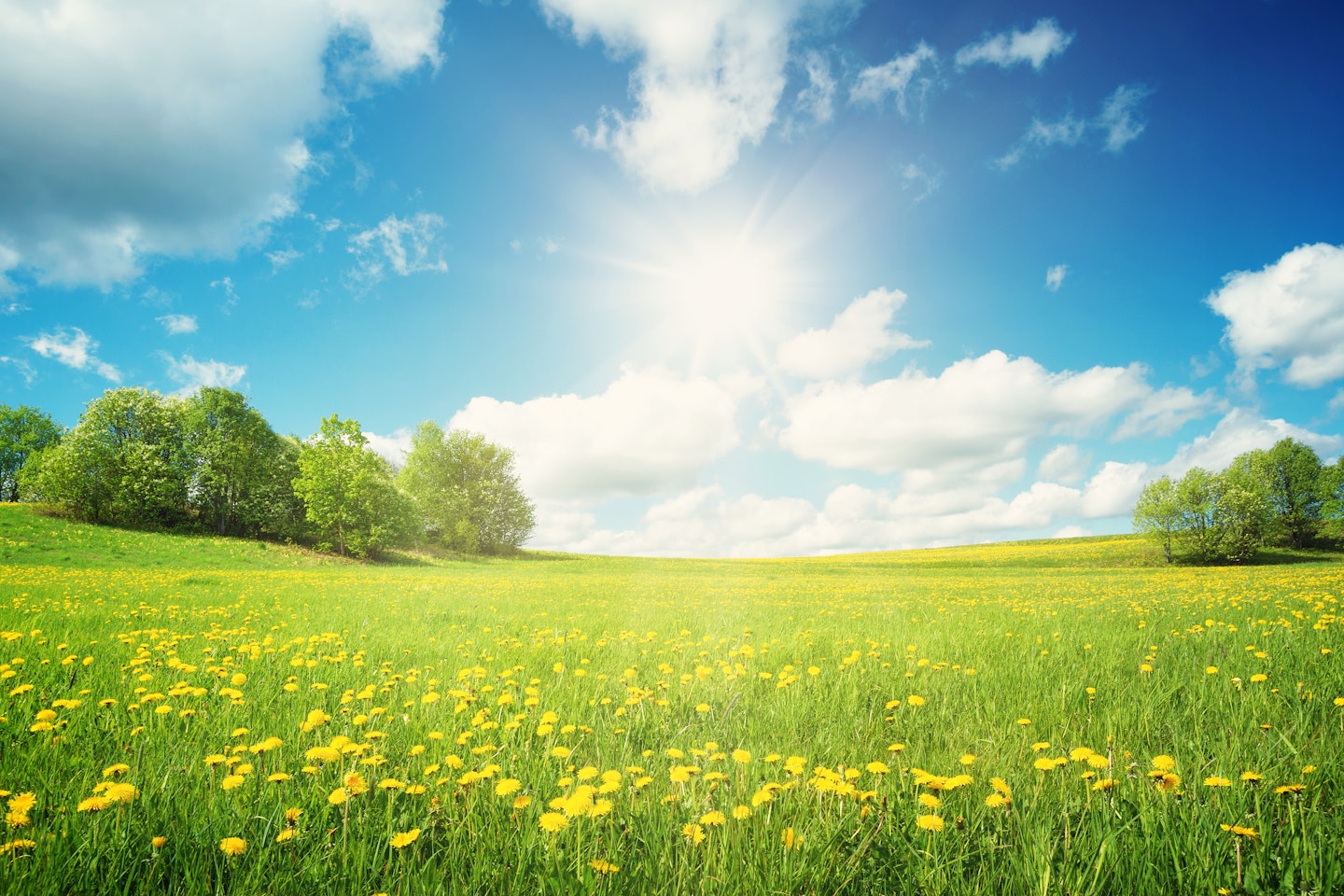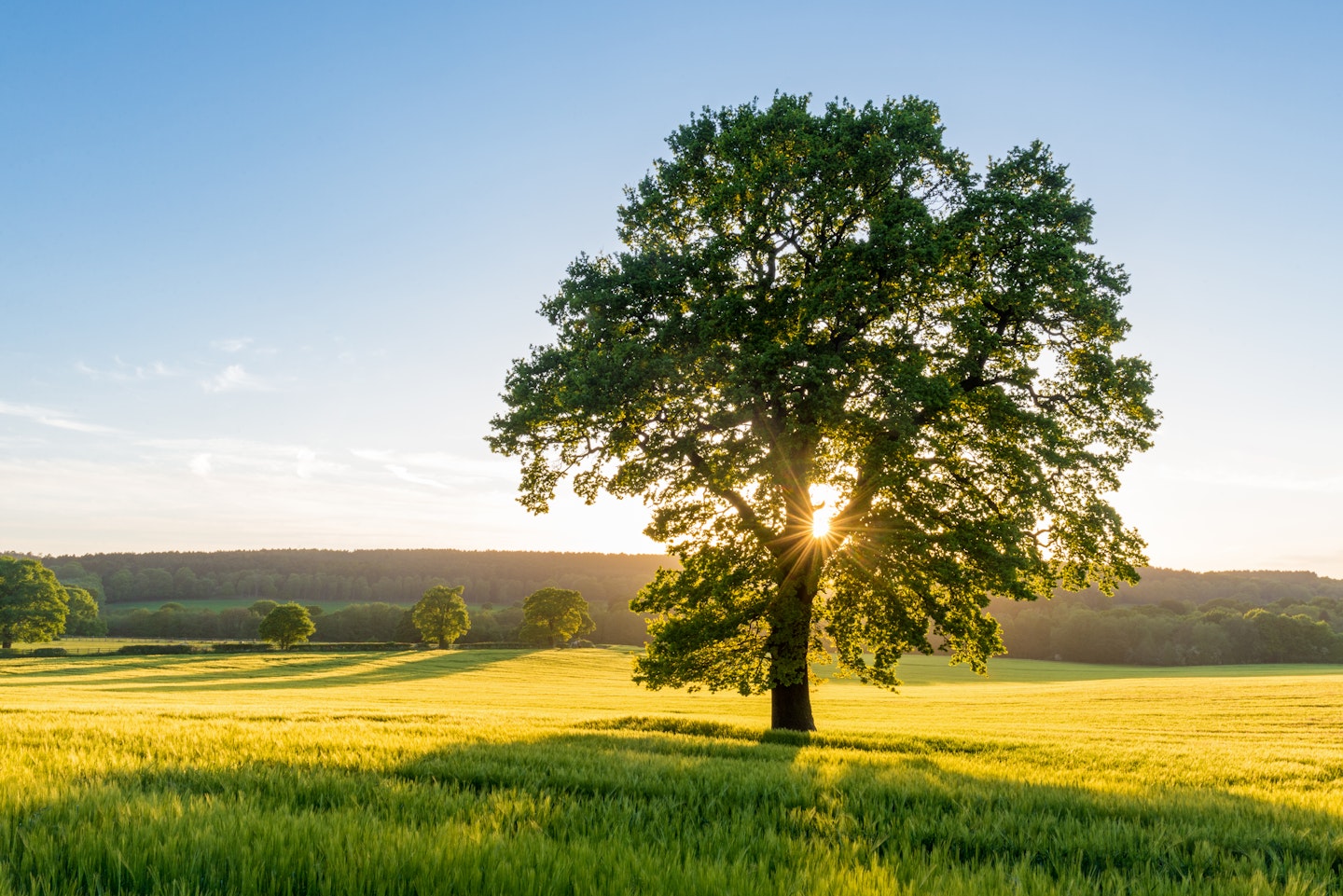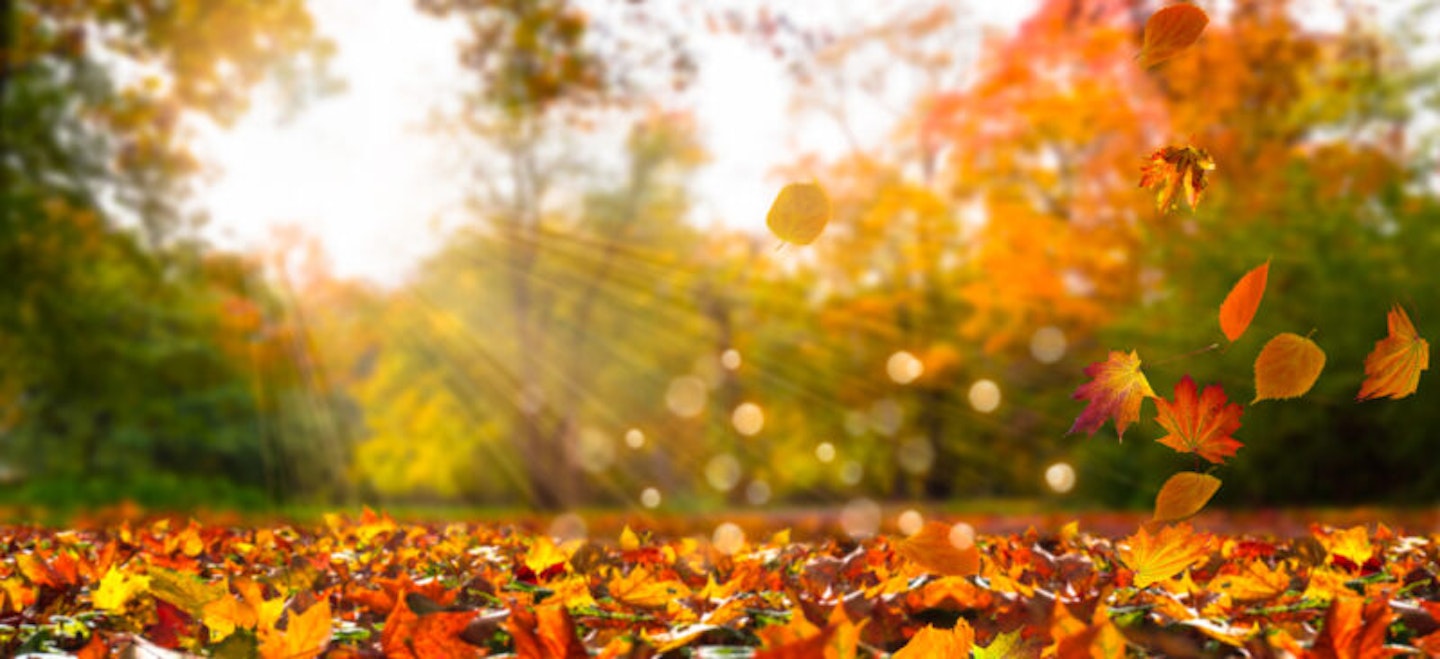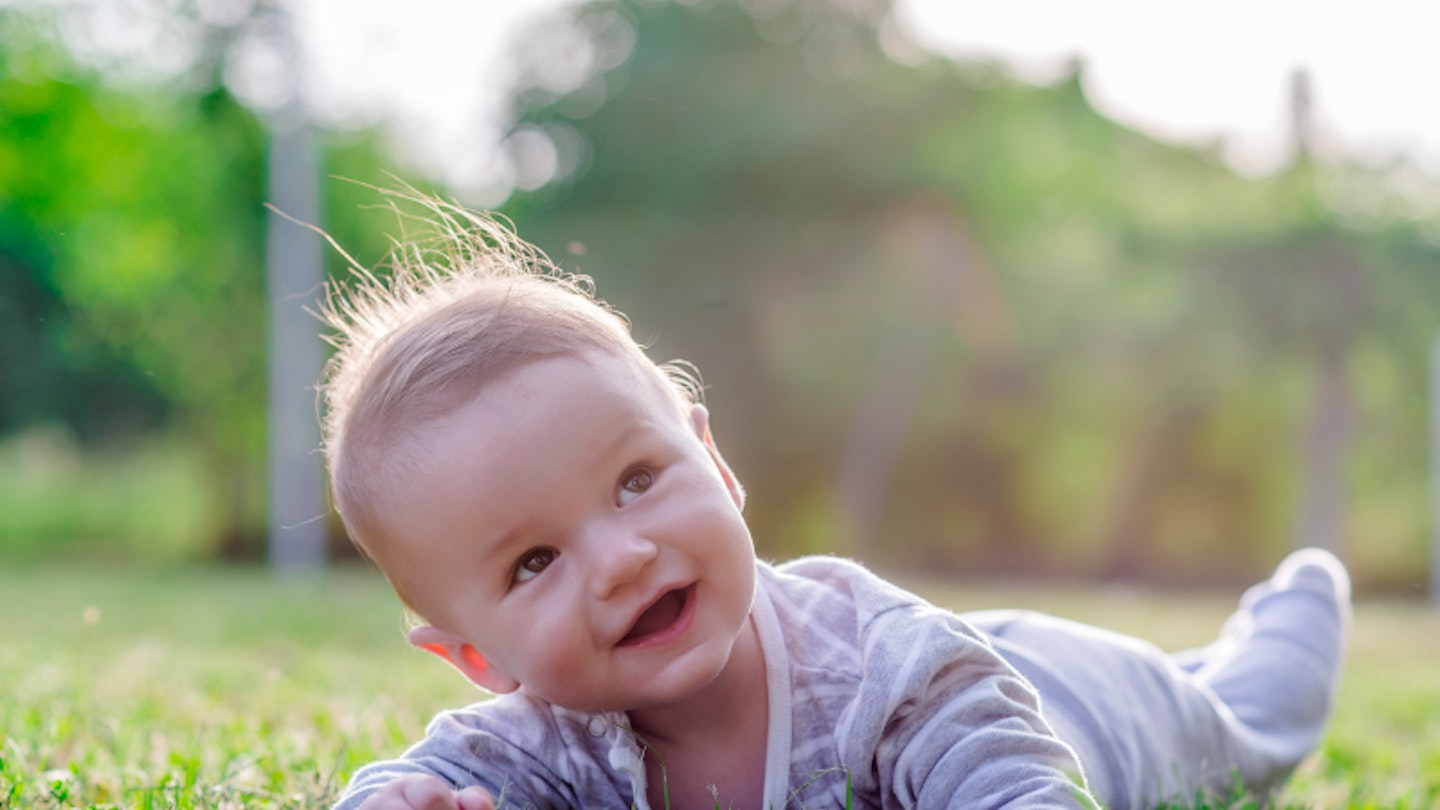When your baby arrives could have fundamental consequences for her future. Who knew?
Even when you’re actively trying for a baby, it’s not easy to make sure you have that chilled-out Pisces child or aren’t heavily pregnant during
the hottest part of the year.
But that doesn’t stop many of us considering when the best time to give birth might be. A summer baby? Perfect, that means lots of mat leave walks in the park and naps in the sun (for you). But it would also mean a child who starts school younger than her peers.
And, while being a summer baby certainly hasn’t done Barack Obama or Jennifer Lopez any harm, a new report by the Institute for Fiscal Studies suggests children born in August should have their exam marks boosted because they’re nearly a year younger than some of their classmates when they sit tests.
So, don’t head to the bedroom until you’ve thought about the pros and cons of every season…
season babies
 1 of 4
1 of 41) Spring babies
Greater risk of various illnesses: According to a worldwide study into the effects of seasons on health, spring babies are at greater risk of various illnesses, including asthma.
The reason is two-fold: coughs and colds are still prevalent in early spring, and women who are pregnant during winter tend to eat a diet lower in vitamins than those who are expecting in salad-filled summer.
She's more likely to be content: On the plus side, the fact that your newborn soaks up lots of sun means she’s more likely to be content.
Research shows that light is a mood elevator and babies exposed to more of it literally have a sunnier disposition.
 2 of 4
2 of 42) Summer babies
Wrongly labelled: Researchers believe summer-born children are sometimes so academically behind their older counterparts, they’re wrongly labelled as having special educational needs.
Unhappy at school: Children born in August will three times more likely be unhappy at school.
"Children’s abilities vary vastly – one might walk at 10 months, another not until they’re around 16 months," says health and developmental psychologist Dr Cynthia McVey.
"Similarly, one child might be great at adding up by the time they’re five, while another who’s a year older is just getting to grips with numbers."
Less likely to indulge in risky behaviour: Summer babies are also less likely to indulge in risky behaviour, such as drinking and smoking, during their teenage years.
Less affected by allergies: High pollen counts in early summer are thought to be the reason people born then are less affected by allergies – the antibodies that protect them form while they’re still in the womb.
 3 of 4
3 of 43) Autumn arrivals
Live longer than spring newborns: Not only are autumn babies the highest achievers but, according to German research, those who arrive now live on average 215 days longer than spring newborns.
Autumn girls will have menopause later on: If you have a girl, she could go throughmenopause later, too, giving added protection against breast and cervical cancer.
That’s because reproductive hormones are higher in women who are pregnant in the summer, possibly leading to autumn babies being born with more eggs.
 4 of 4
4 of 44) Winter newborns
Brighter children: Harvard scientists suggest babies born in winter are not only taller, but are brighter, too.
This seems to be because their mothers are exposed to longer daylight hours while pregnant, benefiting from more brain-boosting vitamin D as a result.
December newborns are most likely to medics: Data from the Office for National Statistics shows babies delivered in December are most likely to work as dentists**,** while January tots are more likely to become GPs.
They are grumpier babies: The downside to being born in winter is the lack of sunshine at the end of the year, making winter babies grumpier.
The love cuddles: Scientists also discovered they love comfort and familiarity more than those born at other times, so you’ll be treated to a lot more cuddles.
Mothers are more likely to have postnatal depression: According to theAmerican Journal Of Obstetrics & Gynaecology, women who give birth during winter are twice as likely to suffer postnatal depression, because they are less likely to go out and socialise.
-
Related: The best time to get pregnant
Can you relate to any of these? Let us know on Facebook or Twitter!
Now read:
What kind of mum are you according to the day of the week you were born?
